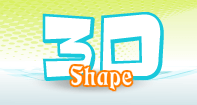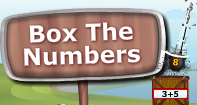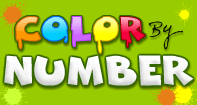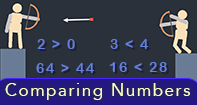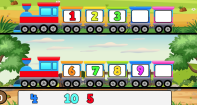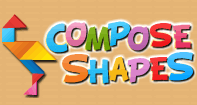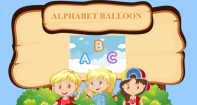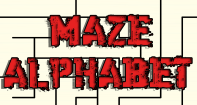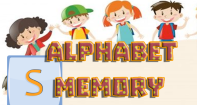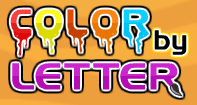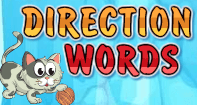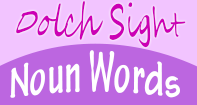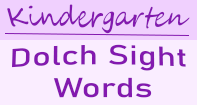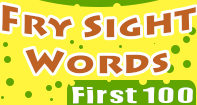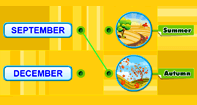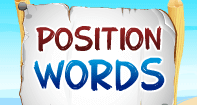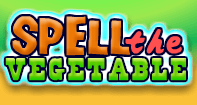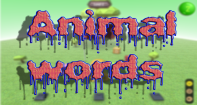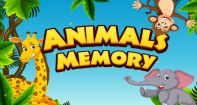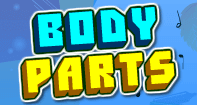Login as parent/teacher to assign this.
Games for Kindergarten
Games for Kindergarten
Kindergarteners are ripe with curiosity and they cannot contain their excitement for exploring the world. Often, they learn that school is about behaving and sitting rather than playing and learning. Our Games give kids the autonomy to explore independently while doing repetitive practice to reinforce skills.
Wide variety of games piques their imagination and encourages them to explore game after game, while still teaching important skills every step of the way. But the type of games you choose must be quality and geared towards their age group.
Wide variety of games piques their imagination and encourages them to explore game after game, while still teaching important skills every step of the way. But the type of games you choose must be quality and geared towards their age group.
Free Kindergarten Games to build foundational Skills
Kindergarteners have inquiring minds and a natural drive to learn all about the world, and how it operates. We have created a variety of online kindergarten learning games that provide all children with an enjoyable and meaningful learning experience.
Our interactive games are built to provide a broad-based learning foundation that helps kids acquire basic concepts and math skills. In no time, your child can learn to read, tell the time, solve simple math problems, learn about the environment, and so much more. Check out Turtle Diary's games for kindergarten to get started!
Our interactive games are built to provide a broad-based learning foundation that helps kids acquire basic concepts and math skills. In no time, your child can learn to read, tell the time, solve simple math problems, learn about the environment, and so much more. Check out Turtle Diary's games for kindergarten to get started!
How Can Teachers Choose the Best Online Educational Games for Kindergarten?
When choosing kindergarten classroom games, find a site that has a variety of play options, many subjects, and built-in scoring. Giving students the choice to explore their way and on their own terms helps to develop confidence and gives them autonomy of choice. Encourage them to try out every area and find what they like best and the areas that require a bit more practice.
Built-in scoring helps parents see their growth. It also provides an instant marker for how well they’ve done and encourages them to do better the next time. And a little competition or challenge never hurt anyone.
Finding Kindergarten computer games that include time limits or multiplayer challenges increase kindergartener’s brain skills. Processing speed is an important skill to train, and games with time limits encourage kids to do their best to solve things fast. The more they practice, the better they will become and the more muscle memory will develop for quick recall and recognition.
Pitting themselves next to their peers or family members makes learning a collaborative and cooperative experience for kindergarteners. Most importantly, they need to see the joy and fun in learning, and online games definitely present this.
Built-in scoring helps parents see their growth. It also provides an instant marker for how well they’ve done and encourages them to do better the next time. And a little competition or challenge never hurt anyone.
Finding Kindergarten computer games that include time limits or multiplayer challenges increase kindergartener’s brain skills. Processing speed is an important skill to train, and games with time limits encourage kids to do their best to solve things fast. The more they practice, the better they will become and the more muscle memory will develop for quick recall and recognition.
Pitting themselves next to their peers or family members makes learning a collaborative and cooperative experience for kindergarteners. Most importantly, they need to see the joy and fun in learning, and online games definitely present this.
What Type of Kindergarten Online Games Should Kids Play?
Kids in Kindergarten should be encouraged to try a variety of games so they can explore and practice . For Language Arts, kids can begin with games that recognize sight words as they begin to read. For kindergarten math games, begin simple with number recognition and more, adding on games that reinforce skip counting and number play.
They can also work with basic logic and spatial awareness with puzzle games like tangrams or shape matching. For Science, all kids love learning about the five senses, life cycles, and the way the world works as they look both inward and outward.
They can also work with basic logic and spatial awareness with puzzle games like tangrams or shape matching. For Science, all kids love learning about the five senses, life cycles, and the way the world works as they look both inward and outward.
How Can You Make Kindergarten Fun?
Focusing on the excitement of learning new subjects and listening to their feelings helps kids power through their kindergarten day. From their perspective, kids can use Turtle Diary to have fun and play games while parents know they are reinforcing their other wordly skills. From learning to type to spending time rhyming, kids can grow in leaps and bounds when you give them the right vehicle for learning.
Paying attention to what they are studying in school and finding games to match keeps kindergarten fun for everyone. With our wide selection of games kids can be free to make their own choices and you can know their skills will grow.
Paying attention to what they are studying in school and finding games to match keeps kindergarten fun for everyone. With our wide selection of games kids can be free to make their own choices and you can know their skills will grow.
What Should a Kindergartener Know Academically?
Basic subjects learned by a kindergartener include math, english, science, and writing. Mathematic skills include number recognition, counting to 30, basic shape recognition, and simple addition problems. English assignments begin with letter recognition and phonics, and move onto sight words or working on phonics to read to themselves.
They should also be able to write all 26 letters of the alphabet and understand that some words are spelled differently than they sound. Finally, telling time with digital and analog clocks, learning about money, and knowing about seasons and life cycles. Most of all, kindergarteners will use this as an opportunity to fuel future readiness through 1000+ kindergarten games.
They should also be able to write all 26 letters of the alphabet and understand that some words are spelled differently than they sound. Finally, telling time with digital and analog clocks, learning about money, and knowing about seasons and life cycles. Most of all, kindergarteners will use this as an opportunity to fuel future readiness through 1000+ kindergarten games.
Our Educational Resources
Math Games
- Addition
- Area and Perimeter
- Decimals
- Division
- Fractions
- Shapes
- Geometry
- Multiplication
- Number
- Roman Numerals
- Statistics
- Subtraction
- Time
- Units of Measurement




